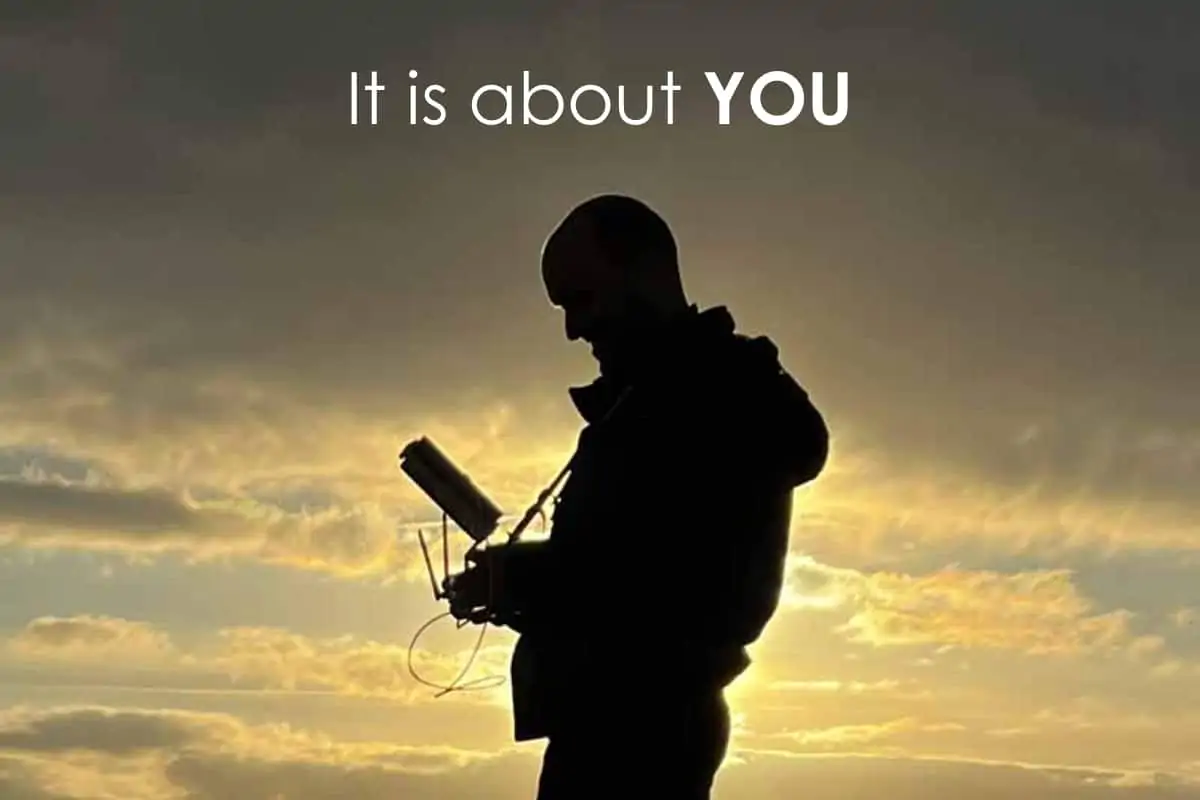- 07.06.18
Drone Registration – a big step in the right direction
The good news is that on Saturday 22 July the UK Government announced that in due course, for any drone weighing more than 250gms, registration of the drone, and safety awareness training and testing for the pilot, will become mandatory.
These announcements were contained in a 65 page report snappily titled “Unlocking the UKs high tech economy consultation on the safe use of drones in the UK”. Alongside this the government also published their “Drones Mid-Air Collision Study”.
We have now read both of these reports several times, and here are our thoughts.
What is Happening, and When?
Q: What is going to happen?
A: The detail is still being worked out. But it appears that the CAA or perhaps the DVLA will be given the task of running the registration process. Ie. this will not be done at the point of sale, but will rather be an online process. This follows the scheme that was running until recently in the USA. The expectation is that education about safety, and a safety awareness test, will be part of the registration process.
Q: When will it happen?
A: The Government says registration will be introduced “in the near future”.
Q: Will it affect me?
A: Most probably yes. The system the Government favours is one where registration is mandatory, and there will be penalties for not registering (how they will spot offenders is anyone’s guess). The Government also favours this being an operator-centric, rather than a drone-centric registration process. So it is likely to affect anyone who flies a drone, not just new purchasers of drones.
Q: How hard will it be to pass?
A: We have no information about exactly what will be in the test. But it is likely to be very straightforward indeed. After all, it will need to be pitched at a level where just about anyone can pass it. And the Report states that it will be focused on safety (rules about where you can fly), security (rules about where you must not fly) and privacy (rules about what you can film).
Q: What will it cost?
A: The Government wants the registration scheme to be as cheap as possible, and to be non-profit making. The scheme previously operating in the USA cost $5, and the scheme operating in Ireland costs 5Euros. £5 anyone?
Q: Does having a flying lesson with PhantomFlightSchool mean I won’t have to pass the Safety Awareness Test?
A: Sadly no. Because the Safety Awareness Test will be bound up with the Registration process, anyone registering their drone will have to do the Test. But from the indications in the Report, the things to be covered in the test are exactly the things we cover in the “legislation” section of every lesson we give.
What Impact will this all have?
We welcome what we see as a sensible, well balanced report from the Government, which follows a sensible, well-run, and balanced public consultation. Our assessment is that:
- Anything which contributes to the safe flying of drones, and reduces the risk of an accident leading to injury or even loss of life is to be welcomed. Introducing new rules before anything bad has happened has got to be better than a knee-jerk reaction afterwards.
- As well as enhancing drone safety, the introduction of registration and safety awareness testing should reassure members of the public that we drone pilots are responsible people who know what we are doing. Once again, a good thing.
- We think the proposals do a good job of protecting the future of the drone sector in the UK. Not by stopping the “crazies” who will simply ignore the registration process. But by enhancing the respectability and law-abiding nature of the other 99% of drone pilots.
- The key conclusion of the Mid-Air Collision Report is very good news. That a drone the size and weight of a Phantom would most likely “bounce off” a commercial airliner. So the risk of mass casualties from a mid-air collision appears remote.
- Another conclusion of the Report is that a Phantom / helicopter collision could be very serious, and could lead to the helicopter crashing. Whilst this would be a terrible thing, and is a key part of the reason why safety awareness training will be mandatory, I don’t believe it would lead to a switch away from the drone-friendly policies being promoted currently by the Government. After all, the Shoreham Airshow crash was a terrible thing. But it did not lead to Airshows being banned.
- In practice, one has to wonder how much of an impact the new rules will have on anyone intent on flying dangerously. The Government acknowledges in the Report that electronic tagging of drones, whilst a big goal for the future, remains some years away. So anyone can buy a drone, fail to register it, and then fly it in a dangerous manner / in places they shouldn’t (Old Trafford etc.) from 2 – 3 miles away, safe in the knowledge that they are more or less uncatchable.
- Will registration dampen demand for drones? I suspect it may dampen demand, especially for cheap, heavy drones. Does anyone spending £75 on a drone weighing more than 250gms want the hassle of registering it and completing a safety awareness test? I dare say that many people in this category will simply fail to register it. But all the same, the impact is bound to be negative. But because registration will not take place at the point of sale, I think it is unlikely to dampen demand for drones very much. At the price point at which DJI drones are sold, I doubt it will have a noticeable impact.
- Unfortunately, the announcement made by the Government may lead to negative sentiment towards drone pilots from some quarters. I think the kind of person that felt negative about drones previously will find ammunition for their negativity here, along the lines of “you see, I knew they were dangerous”.
- Many people are averse to change, no matter how well intentioned or well executed the change. The model aircraft community, as represented by the BMFA, appear to have objected to every aspect of the new rules. But in the drone sector, change is happening all the time. Consider how big the gap is in performance on every level between the Phantom 4 Pro, and the class-leading Phantom 3 Pro of just 18 months ago. So I welcome these changes, and expect there to be more to come.



